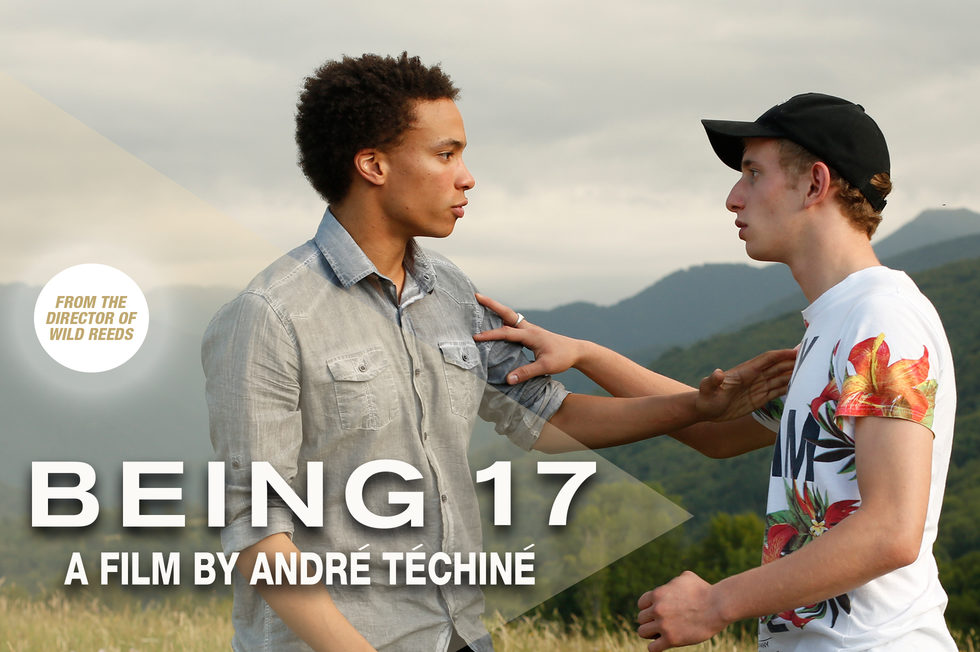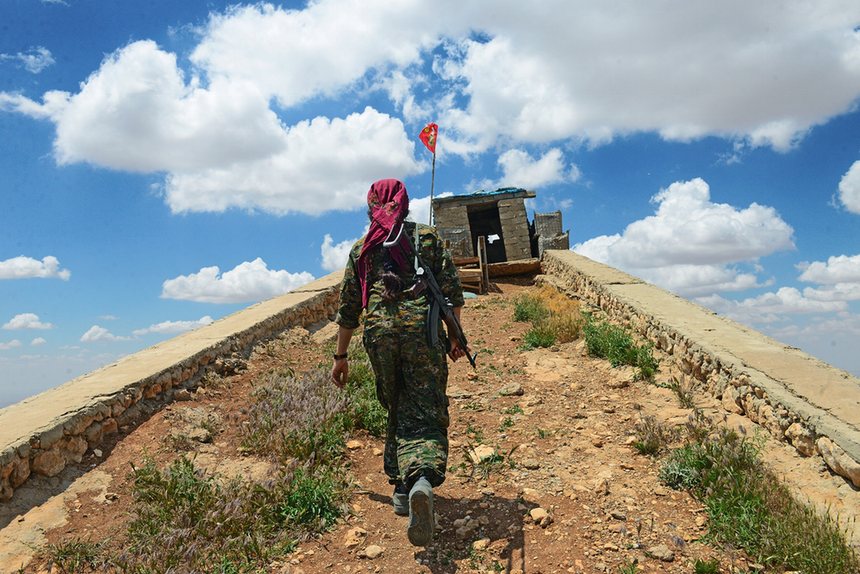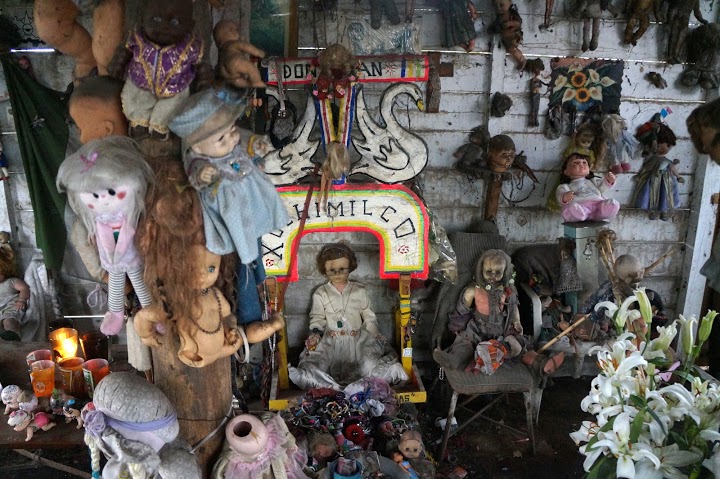The very heart of the very last hour of the daily rhythm of prayer, both in the very ancient and contemporary rites of the liturgy of the hours, is psalm 91, especially these lines:
“For you he has commanded the angels,
to keep you in all your ways,
they will bear you upon their hands,
lest you strike your foot against a stone.” Ps 91:11-12
I learned some deeper meanings to these words in the last weeks. Bear with me, as I try to explain.


